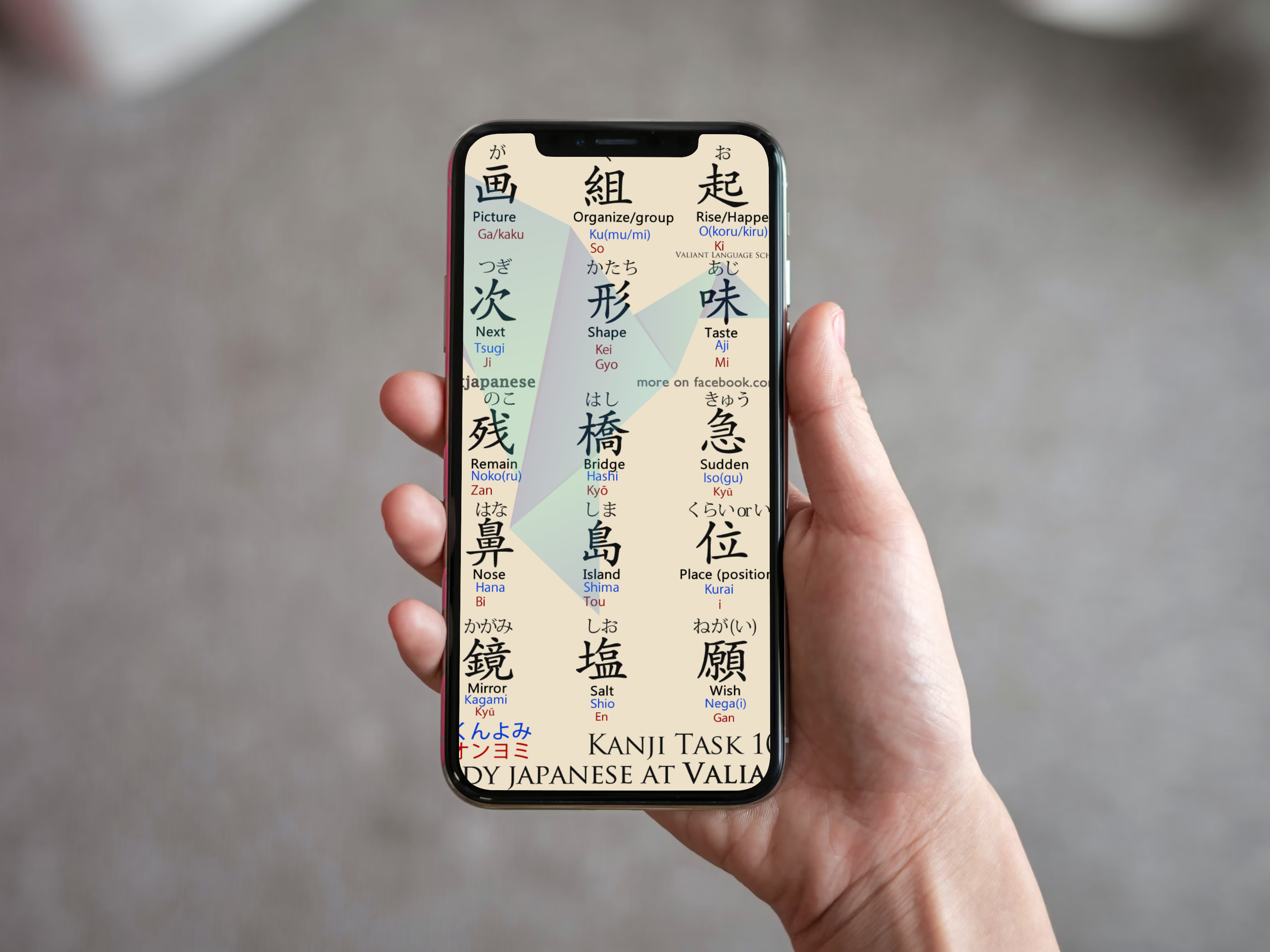These are some basic verb conjugations in Japanese. Practice with different verbs to get comfortable with the patterns, and remember that consistent practice is key to mastering Japanese conjugations.
Present Affirmative (Dictionary Form):
- Example Verb: たべる (taberu) – to eat
-
- I eat: わたし は たべる (watashi wa taberu)
-
- You eat: あなた は たべる (anata wa taberu)
-
- He/She/It eats: かれ/かのじょ/それ は たべる (kare/kanojo/sore wa taberu)
Present Negative:
- Example Verb: たべる (taberu) – to eat
-
- I don’t eat: わたし は たべない (watashi wa tabenai)
-
- You don’t eat: あなた は たべない (anata wa tabenai)
-
- He/She/It doesn’t eat: かれ/かのじょ/それ は たべない (kare/kanojo/sore wa tabenai)
Past Affirmative:
- Example Verb: たべる (taberu) – to eat
-
- I ate: わたし は たべた (watashi wa tabeta)
-
- You ate: あなた は たべた (anata wa tabeta)
-
- He/She/It ate: かれ/かのじょ/それ は たべた (kare/kanojo/sore wa tabeta)
Past Negative:
- Example Verb: たべる (taberu) – to eat
-
- I didn’t eat: わたし は たべなかった (watashi wa tabenakatta)
-
- You didn’t eat: あなた は たべなかった (anata wa tabenakatta)
-
- He/She/It didn’t eat: かれ/かのじょ/それ は たべなかった (kare/kanojo/sore wa tabenakatta)
Te-form (Connecting Verbs):
- Example Verb: たべる (taberu) – to eat
-
- I eat and drink: たべて のんで (tabete nonde)
-
- You eat and drink: たべて のんで (tabete nonde)
-
- He/She/It eats and drinks: たべて のんで (tabete nonde)
Potential Form (Can/Cannot):
- Example Verb: たべる (taberu) – to eat
-
- I can eat: たべられる (taberareru)
-
- You can eat: たべられる (taberareru)
-
- He/She/It can eat: たべられる (taberareru)
Causative Form (Make/Let Someone Do Something):
- Example Verb: たべる (taberu) – to eat
-
- I make you eat: たべさせる (tabesaseru)
-
- You make him/her/it eat: たべさせる (tabesaseru)
-
- He/She/It makes me eat: たべさせる (tabesaseru)

